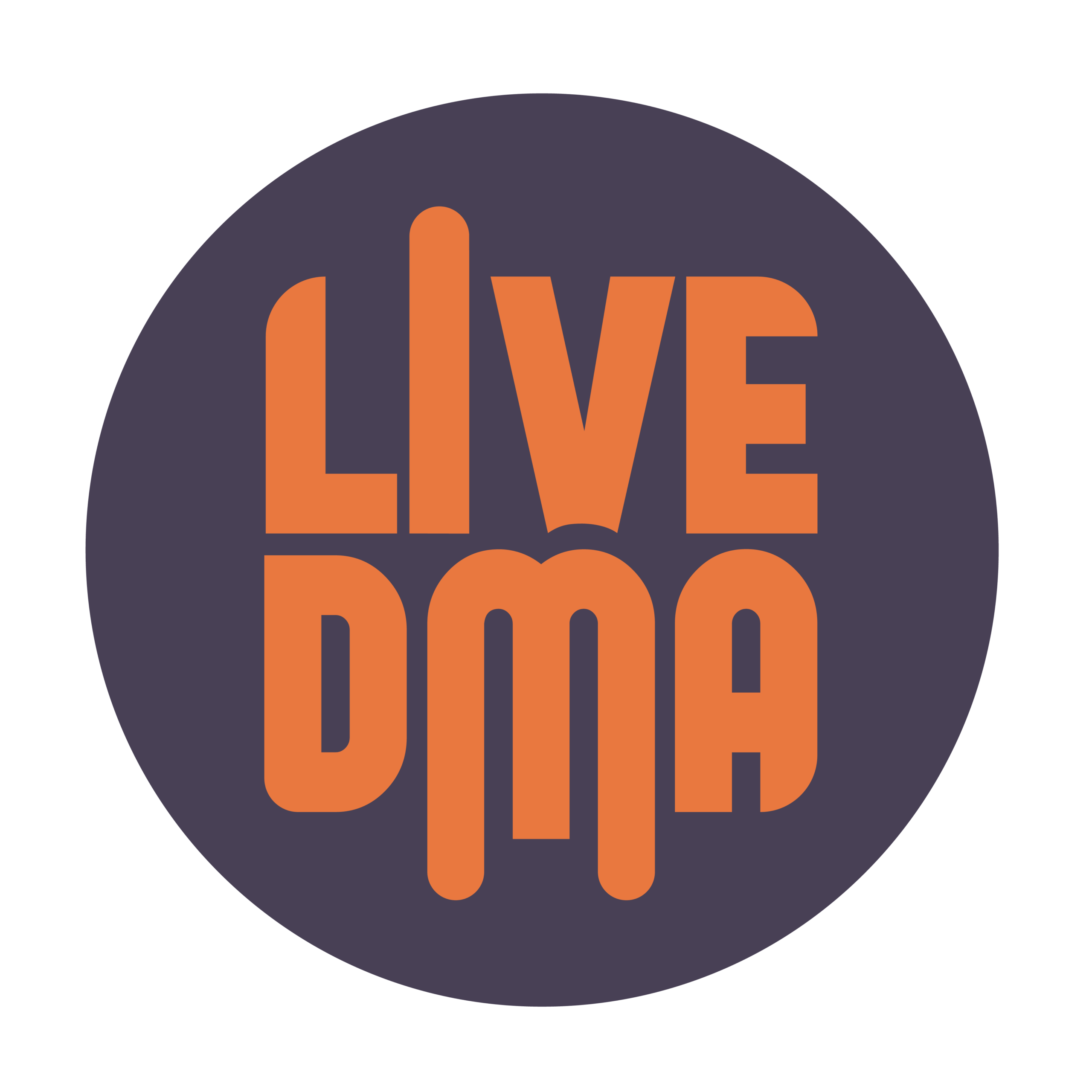“It’s really important for us to be at the forefront on the sustainability and inclusion questions, to inspire others and help with all these things. If we don’t have a sustainable future, we may not have a future at all.”
Communication Officer
-
Dear Member of the European Parliament, We are writing to you as a group of 26 organisations from across the music sector to ask you to support the Preparatory Action “Music Moves Europe: boosting European music diversity and talent” by adopting the corresponding amendment (CULT 5962) to the EU 2020 EU budget, and the proposed budget of €3 million. The proposal, which was tabled by a…
Read»
-
Music Moves Europe (MME) is the overarching framework for the European Commission’s initiatives and actions in support of the European music sector. It provides financial support to a number of projects that corresponds to the themes and field of actions of their Preparatory Actions. This year’s preparatory actions consist in 4 project calls and 2…
Read»
-
On 10 September, European Commission President-elect Ursula von der Leyen presented her new Commission, with a structure of 8 Vice Presidents who stand for the new work priorities of the Commission. At the heart of the work of the European Commission will be climate change, technology and demography that are transforming our societies and way…
Read»
-
Sound Diplomacy are strategic consultants delivering economic growth in cities and places through music and the night time economy. They published a Music Cities Manual : a set of tools, case studies and lessons to increase the value of music in cities, towns and places. They developed the “Music Cities Method”, 13 indicators of a…
Read»
-
Complaints about sound emission are an important factor of a venue closing. With urban densification and gentrification, more and more people move closer to live music places. Besides increasing rents, these phenomenons may also lead to conflicts between cultural live music places and their neighbours. These conflicts may lead to venues and clubs closing. The…
Read»
-
Are small music venues being gentrified? This question is central to Trine Heide’s essay, MA student at the University of Copenhagen. She tackles the subject of Urban Theory and examines the links between gentrification and small music venues in the UK and in Denmark. What is gentrification? Gentrification is a process, where local communities, people…
Read»
-
For the last Live Style Europe radio show of the season, we would like to look back on the second year of the Live Style Europe project and project ourselves in the future by presenting our upcoming activities. In 2017, the European Commission granted Live DMA with the European network funding via the Creative Europe…
Read»
-
Our member in the United Kingdom, Music Venue Trust has published two guides on how to open and run a Grassroots Venue. Grassroots venues share the same values and mission. Live music is their main purpose, and they often take a financial risk when presenting new talents. From local band support to renowned stages, the…
Read»
-
This paper studies the autonomy of music bookers in regard of the structural independence of live music clubs and venues through the examples of Paris and Berlin. It was published in June 2019 in Symbolic Goods, a Social Science Journal on Arts, Culture and Ideas. It was written by Myrtille Picaud. The growing monopoly of…
Read»
-
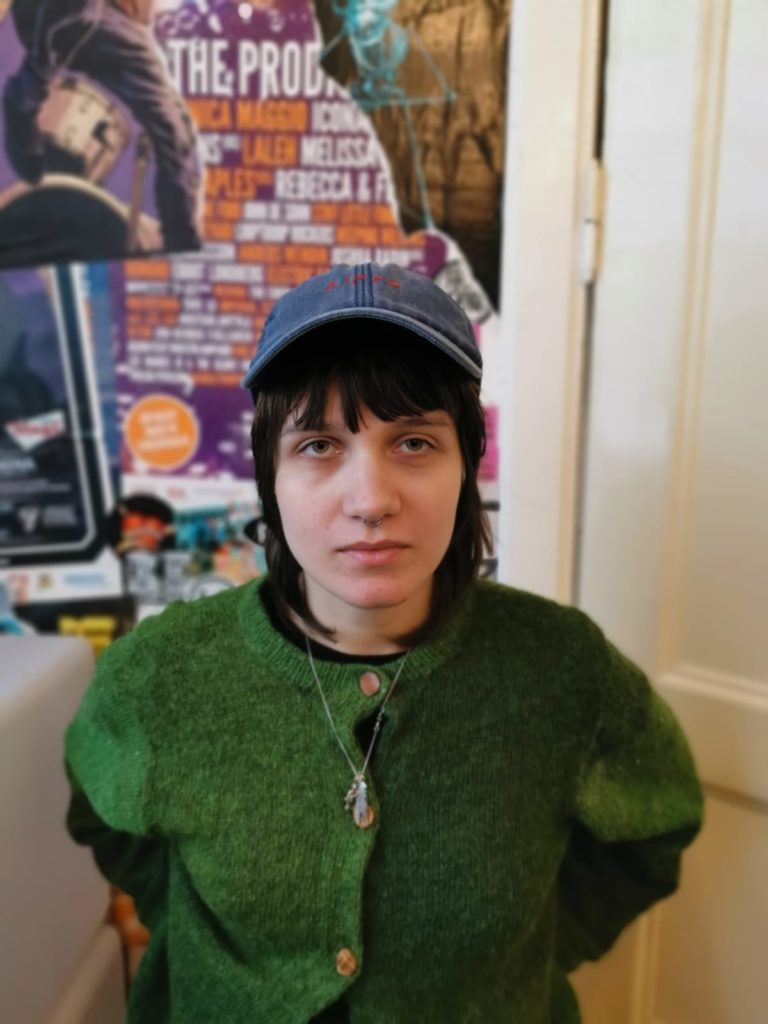
-
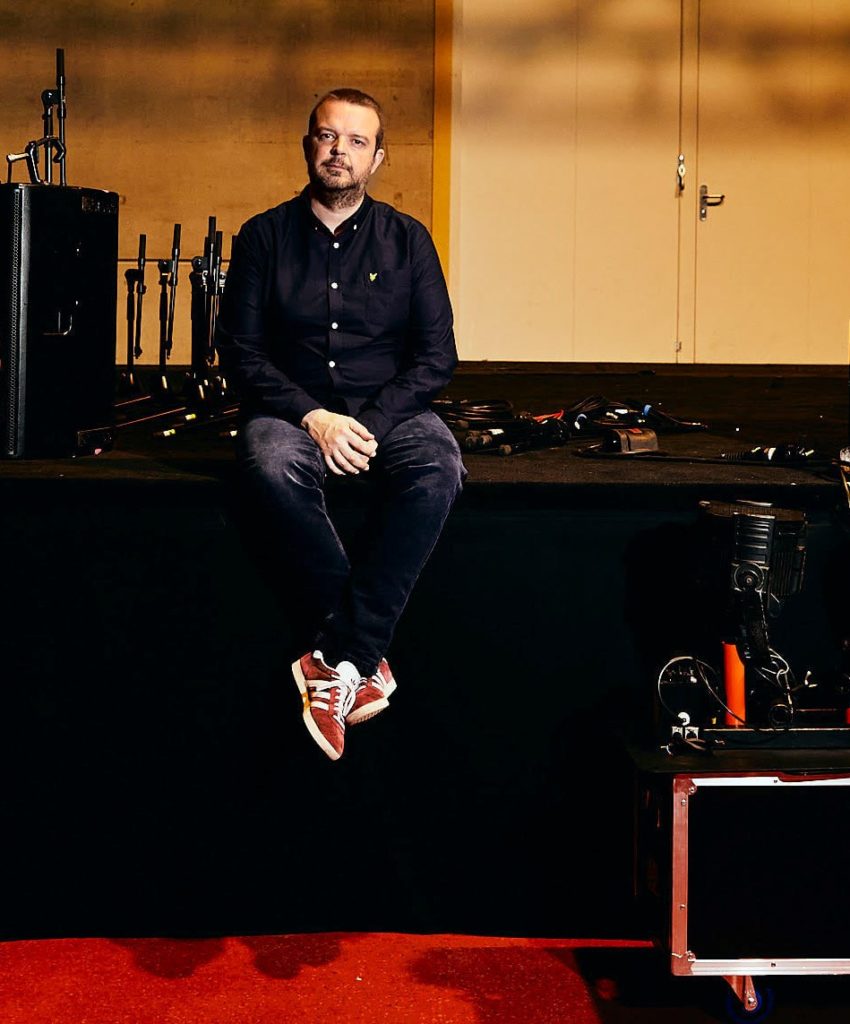
“It’s all about sharing and cooperation!”
-
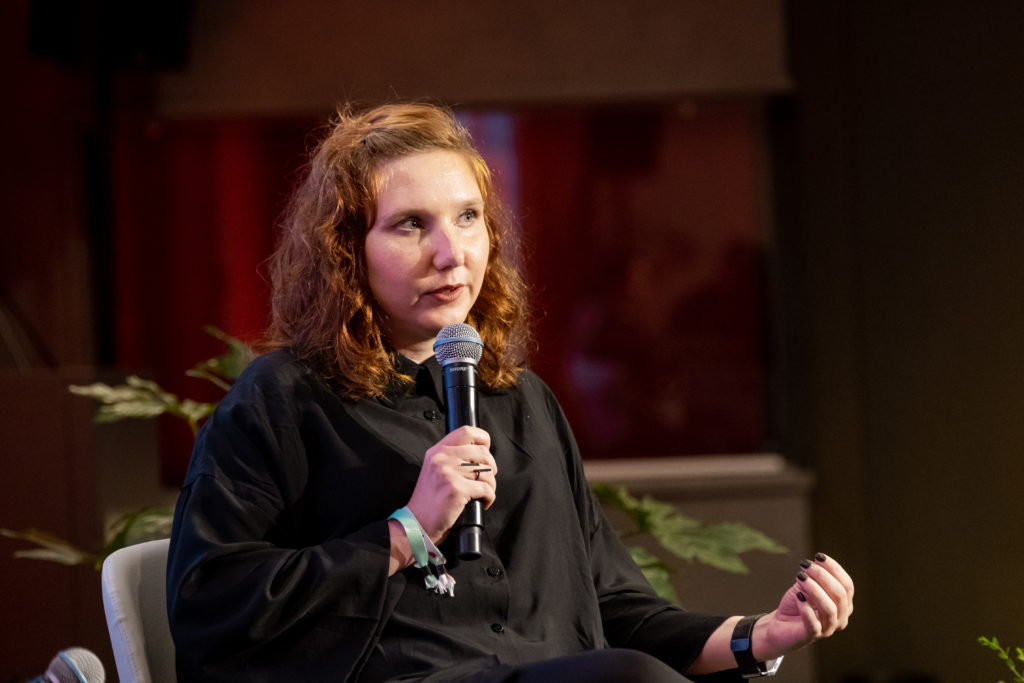
“We need organisations like Live DMA to support our activities. During COVID, it was important to have Live DMA meetings so that we could learn what was going on in the other countries, and that was very helpful when it came to the lobby work on the local level”
-
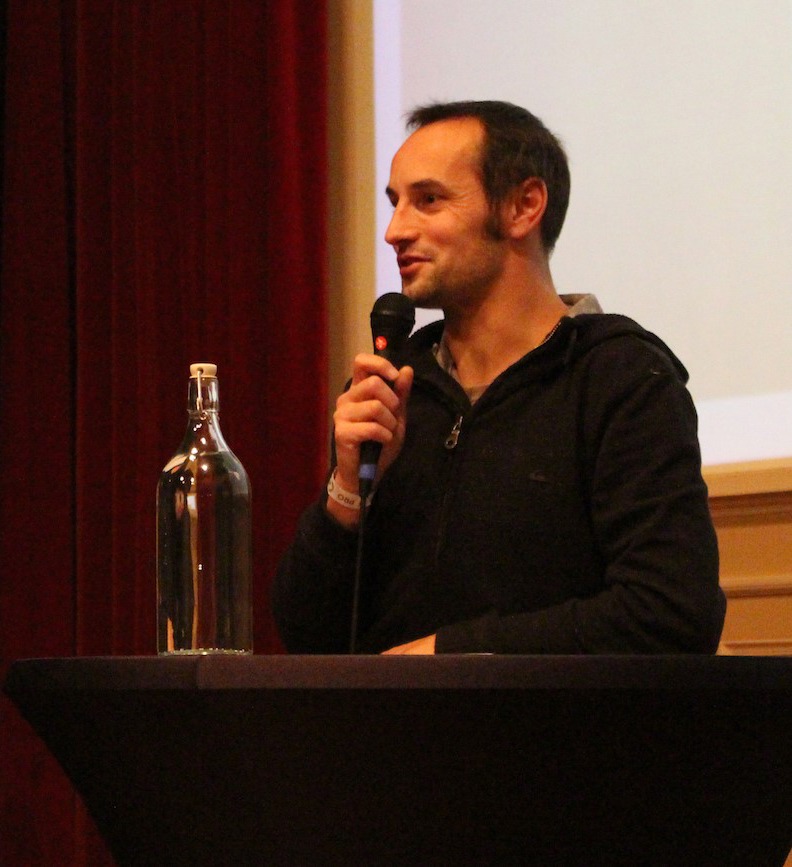
“We have been celebrating the 10th anniversary of Live DMA, a network which was created in 2012 by venue networks from all over Europe. The purpose was to share knowledge and skills with each other, and to set up common projects, and I think we’ve succeeded in doing that!”
-

“I learned to collect and process data with good quality, and also I learned the importance of data to start a dialogue with institutions. Good data gave ACCES a lot of recognition”
-

ʻʼThanks to Live DMAʼs Survey, we showed our government that the more a venue is subsidized, the more money they generate. The Ministry of Culture had little knowledge of our sector. So to present these figures from different European countries was crucial in re-valorising our subsidies.”
